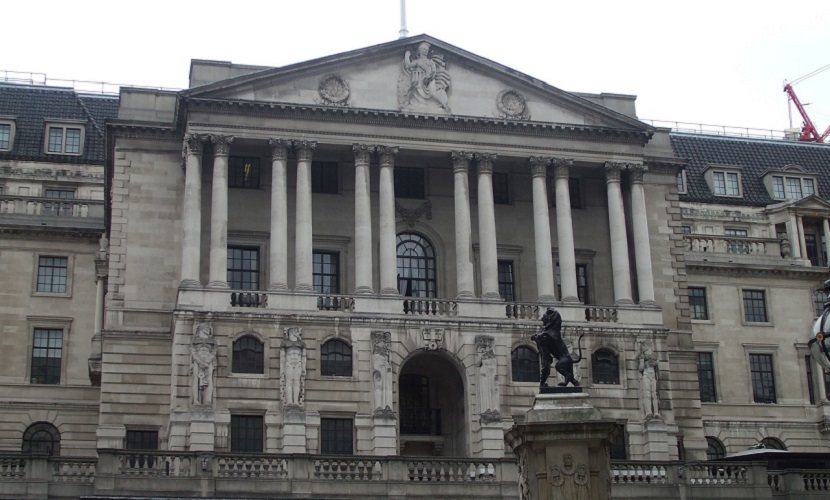The Bank of England (BoE) rules out an increase in the emergency rate, as the Treasury prepare a fresh fiscal strategy.
Following the pound’s devaluation and the widespread selling of gilts that followed the government’s Mini Budget on Friday, the Treasury and the Bank of England have both made efforts to stabilize the markets today.
Andrew Bailey, governor of the Bank of England, stated that there would not be a special meeting of the Monetary Policy Committee to adjust interest rates. But, he added that the bank would not “hesitate to change interest rates as necessary.”
Markets have been urging the government or the BoE to take action to stop more economic unrest. However, Chancellor Kwasi Kwarteng announced he will present a Medium-Term Fiscal Plan on November 23.
According to the Treasury, Kwarteng will present a budget that “sets out greater information on the government’s fiscal rules, including ensuring that debt declines as a share of GDP in the longer term.”
Also, one of the Treasury’s four main fiscal guidelines states that by the end of the current spending review period in April 2025, debt must be on track to decrease as a percentage of GDP.
Nevertheless, it was anticipated that the government will extend the deadline for accomplishing the goal because Kwarteng’s tax cuts are expected to increase debt.
Moreover, the yield on benchmark 10-year gilts increased from 0.97% at the start of this year to 2.8% at the end of August, according to data from Refinitiv IFR Markets.
They had grown to 3.5% by the end of September 22, the day before the Chancellor’s Mini Budget, and 3.14% at the end of September.
By the end of last Friday, yields had risen to a record high of 3.8%. This morning, they continued to climb, breaking through the 4% barrier to hit 4.1% at 9:30am, and they continued to climb, reaching 4.28% by 5:15pm
The Office for Budget Responsibility prediction has been sought for November 23, according to the Treasury, after the administration came under fire for holding the Mini Budget without a credible economic prognosis.
Further “supply-side” policy initiatives, including adjustments to “the planning system, business rules, childcare, immigration, agricultural production, and digital infrastructure,” will be disclosed by a cabinet minister over the course of the next two months.



